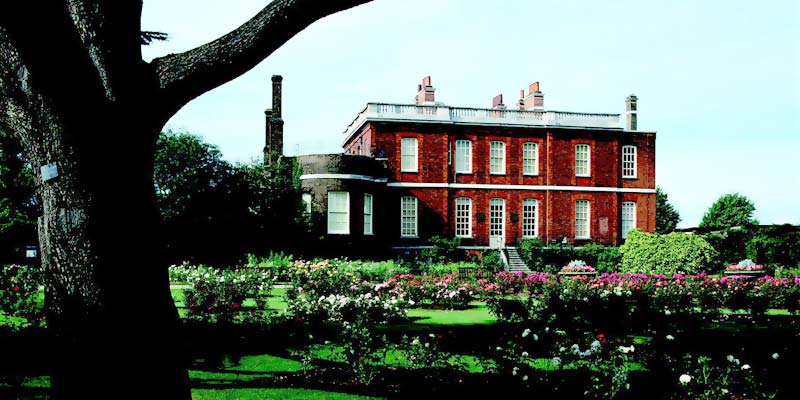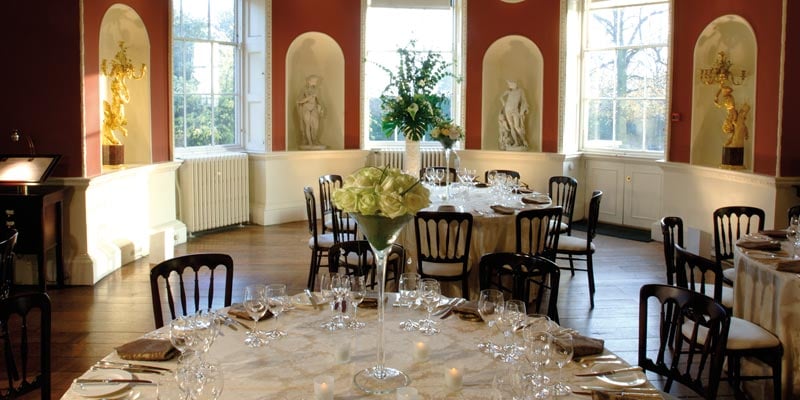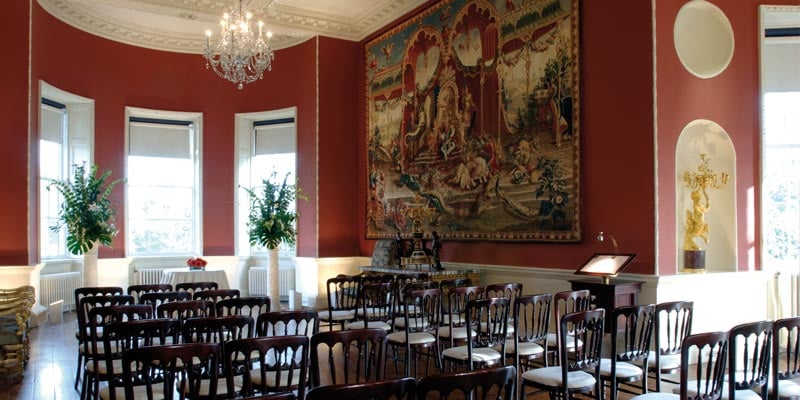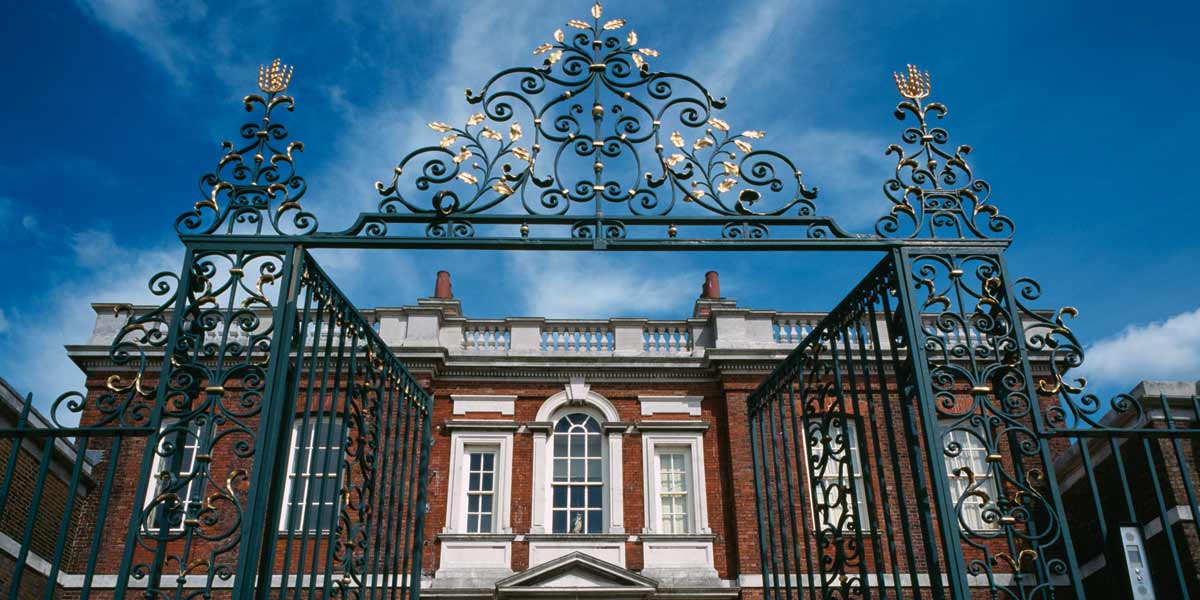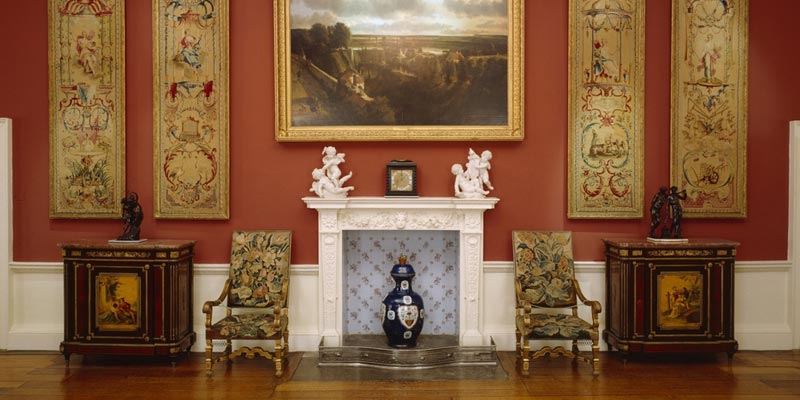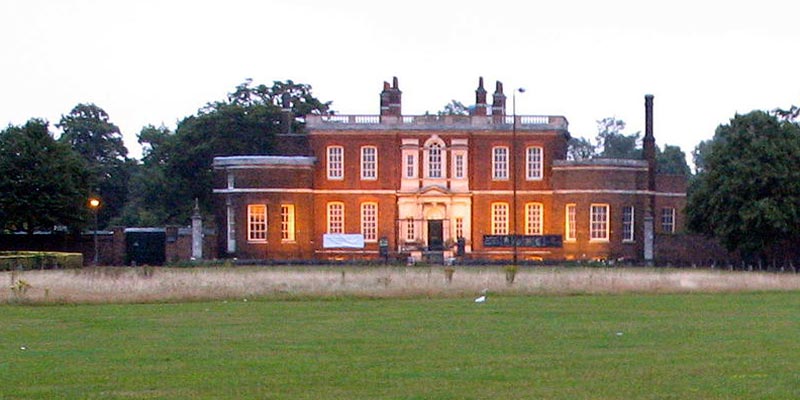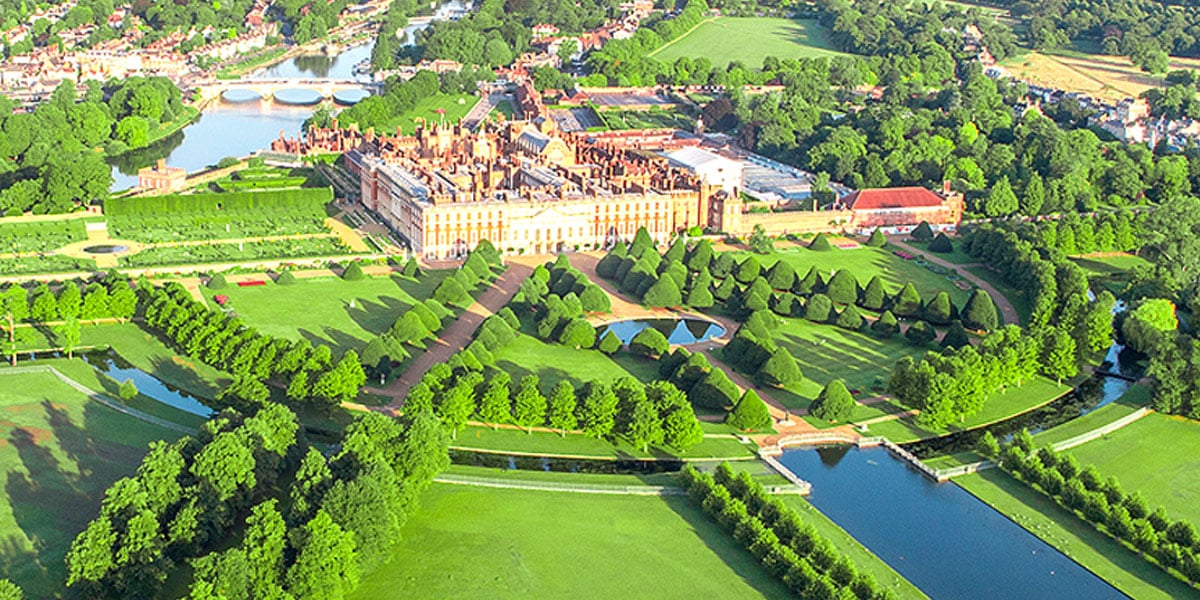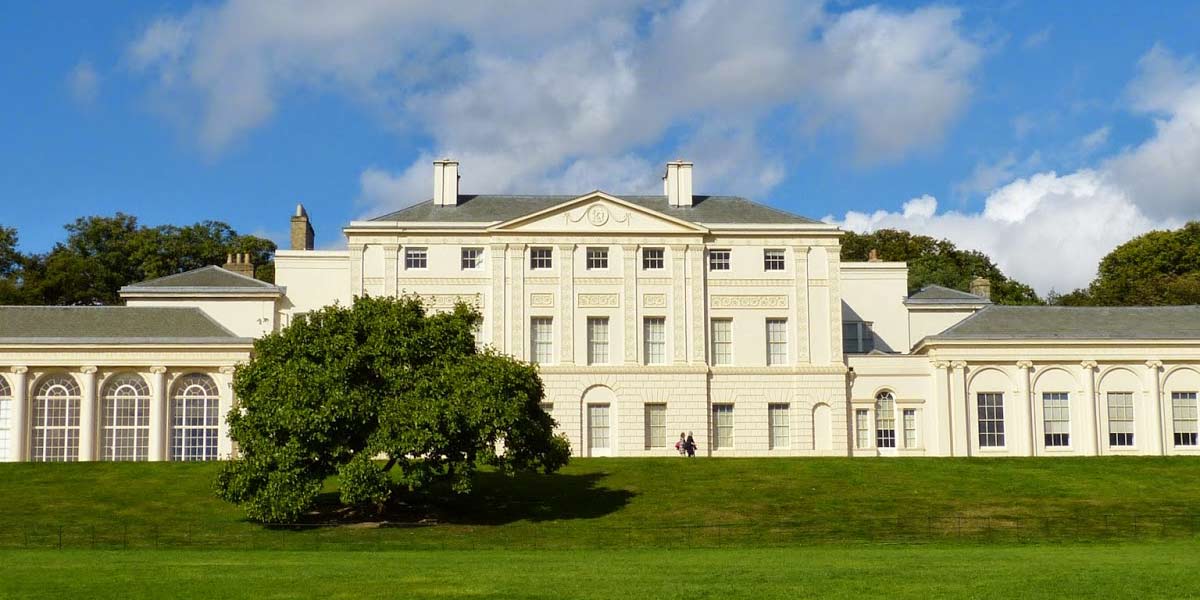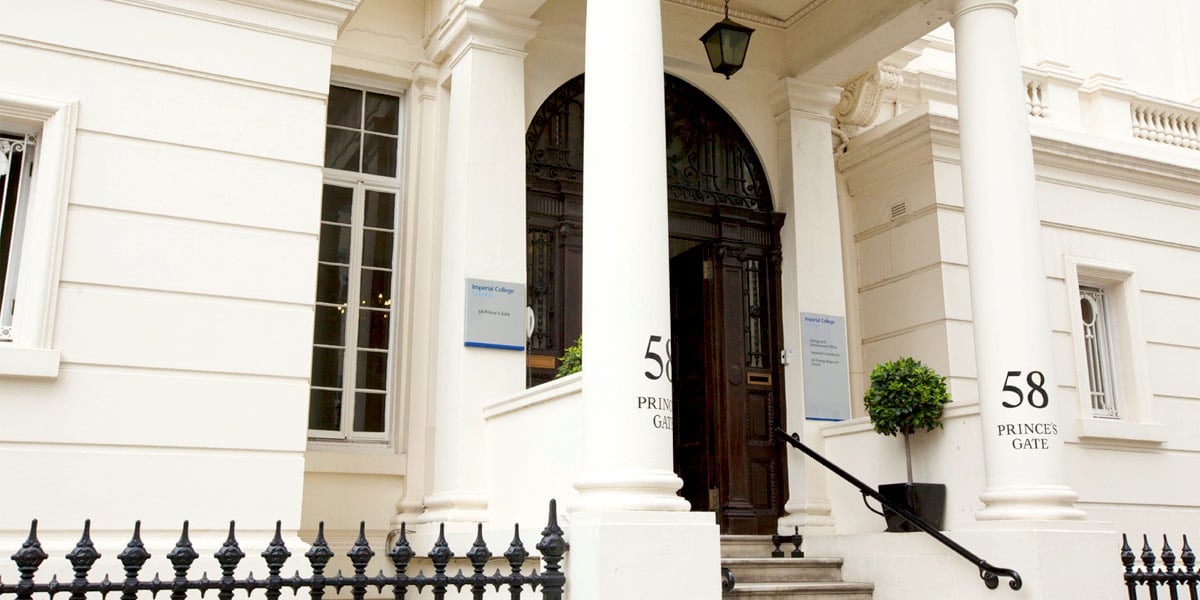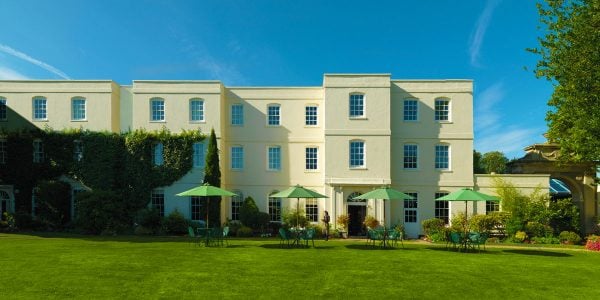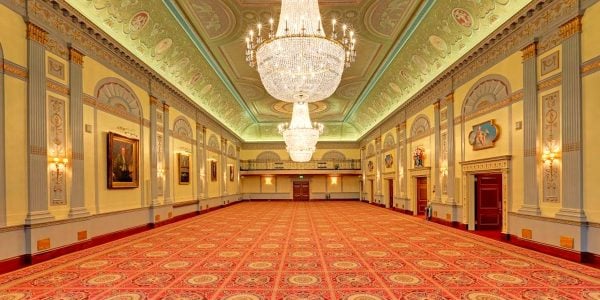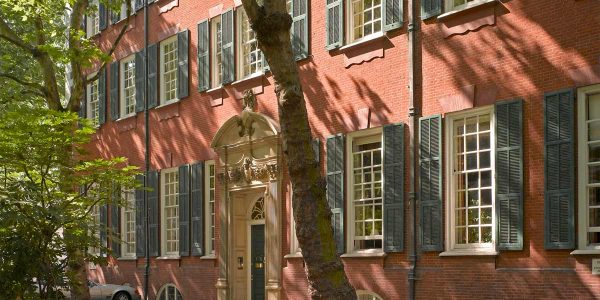Ranger’s House
An elegant early Georgian villa with graceful panelled interiors in Greenwich ParkOverview
With sumptuous interiors, Ranger's House is a stylish and memorable setting for special events and is available for drinks receptions or dinners. It is also licensed for civil wedding ceremonies and can host intimate wedding receptions.
Capacity
100
MAX CAPACITY
100DINNER
100RECEPTION
60THEATRE
Review
Ranger's House is an elegant Georgian villa in Greenwich Park. It houses The Wernher Collection, a remarkable collection of works of art amassed by diamond magnate Sir Julius Wernher (1850-1912). The Ranger's House event spaces, include the original Stone Hall, the Ranger's Room and an expansive garden. All are charming locations for hosting private or corporate events. The Gallery, is a long room with wooden floors, a large bay window and fine antique furnishings. The Walled Garden is the perfect site for a marquee that can host receptions, birthdays, summer parties and weddings.
Arranged within the panelled interiors of this graceful mansion is a glittering spectacle, a sumptuous arrangement of silver and jewels, paintings and porcelain. Nearly 700 works of art are on display, including early religious paintings and Dutch Old Masters, minute carved Gothic ivories, fine Renaissance bronzes and silver treasures revealing the genius of medieval craftsmen and the unparalleled quality of Renaissance decorative arts. Rangers House is owned and managed by English Heritage.
History
Ranger's House was built around 1700 as the official residence of the Ranger of Greenwich. The property gives visitors a rare insight into the life of Sir Julius Wernher, millionaire gold and diamond dealer and philanthropist. The highlight is the jewel vault which holds more than 100 Renaissance pieces, each exquisitely enamelled and studded with gems; thought to be one of the finest jewellery collections in Europe.
Decorative arts of the eighteenth century are handsomely represented by richly gilded Sevres porcelain, Meissen pottery figures, fine French furniture and huge Beauvais tapestries, complemented by British portraits by Sir Joshua Reynolds, George Romney and Sir William Beechey. Wernher was made a Baronet in 1904, and died in 1912 leaving more than £11 million. Sir Julius was instrumental in the founding of Imperial College, London, and during the First World War, contributed millions of pounds to the 'war loan.' The property provides the opportunity for a detailed look into the crafts and skills involved in the making of such jewels and in the modern conservation practices applied to them today.
